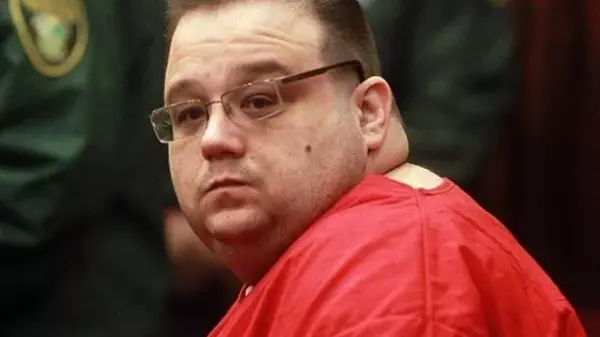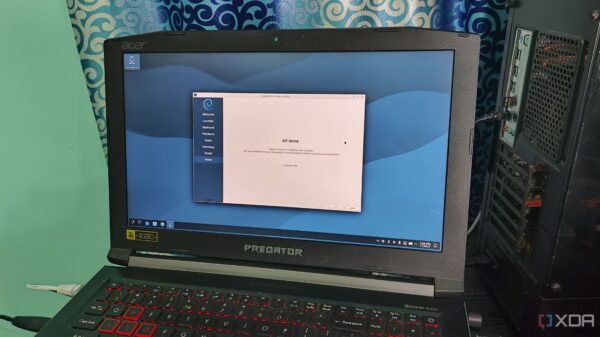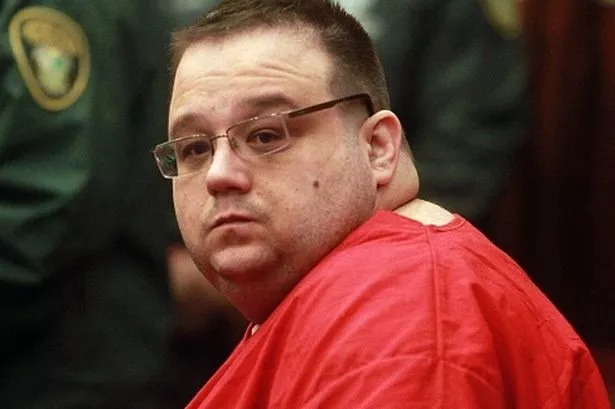BREAKING: A Cosa Nostra mafia boss has urgently requested to live alongside notorious cartel leader Joaquín Guzmán, also known as El Chapo, in a bid to improve his mental health. James Sabatino, who is held in the hyper-restrictive ADX Florence facility in Colorado, claims that the isolation conditions have severely impacted his well-being.
Sabatino, deemed “the most restricted inmate in the United States,” is serving a 20-year sentence for a $10 million (£7.6 million) racketeering scheme. His lawyers argue that the extreme isolation imposed on Sabatino, where he spends 23 hours a day confined, is detrimental to his mental state. In a formal request to the court on November 13, 2023, Sabatino seeks permission to cohabitate with Guzmán during designated recreation periods to provide mutual support.
The motion filed in front of District Judge Joan Leonard describes the harsh conditions of the Special Housing Unit (SHU), stating, “The conditions of extreme isolation… destroys anyone.” Sabatino’s plea highlights the human need for interaction, asserting that both he and Guzmán face similar restrictions, with limited contact outside of legal consultations and occasional family visits.
While currently allowed only brief interactions during weekly sunbathing times, Sabatino’s legal team argues that this request would not significantly alter their confinement but would afford them the opportunity to “walk and talk together” in their separate cages. His lawyer, Israel Encinosa, emphasized the unique circumstances surrounding both inmates, noting, “They are human beings… but they should be treated as human beings.”
This unusual plea has garnered attention, reflecting broader concerns about the mental health of inmates subjected to extreme isolation. The court’s decision could set a precedent for how isolated inmates are treated, particularly in terms of mental health support.
As the case develops, all eyes are on Judge Leonard’s ruling, which could have significant implications for Sabatino, Guzmán, and potentially others in similar situations. The legal community and human rights advocates are closely monitoring this case, as it raises critical questions about inmate treatment in the U.S. penal system.
Stay tuned for updates on this urgent legal matter as it unfolds.







































































